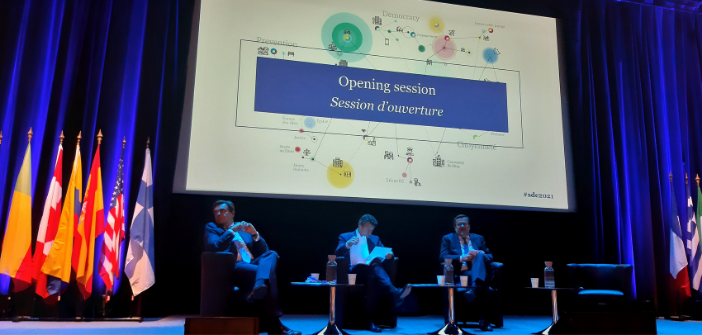The European Forum for Urban Security started on Wednesday and ends on Friday afternoon at Acropolis. 140 cities from 26 different countries gathered to discuss security.
The General Delegate of the European Forum for Urban Security (Efus), Elizabeth Johnston, began by presenting the congress. She expressed her gratitude to the city of Nice, which is hosting it this year, and thanked Christian Estrosi for the organization.
The team is very proud to bring together so many different countries, diverse ways of living and working, and various professions.
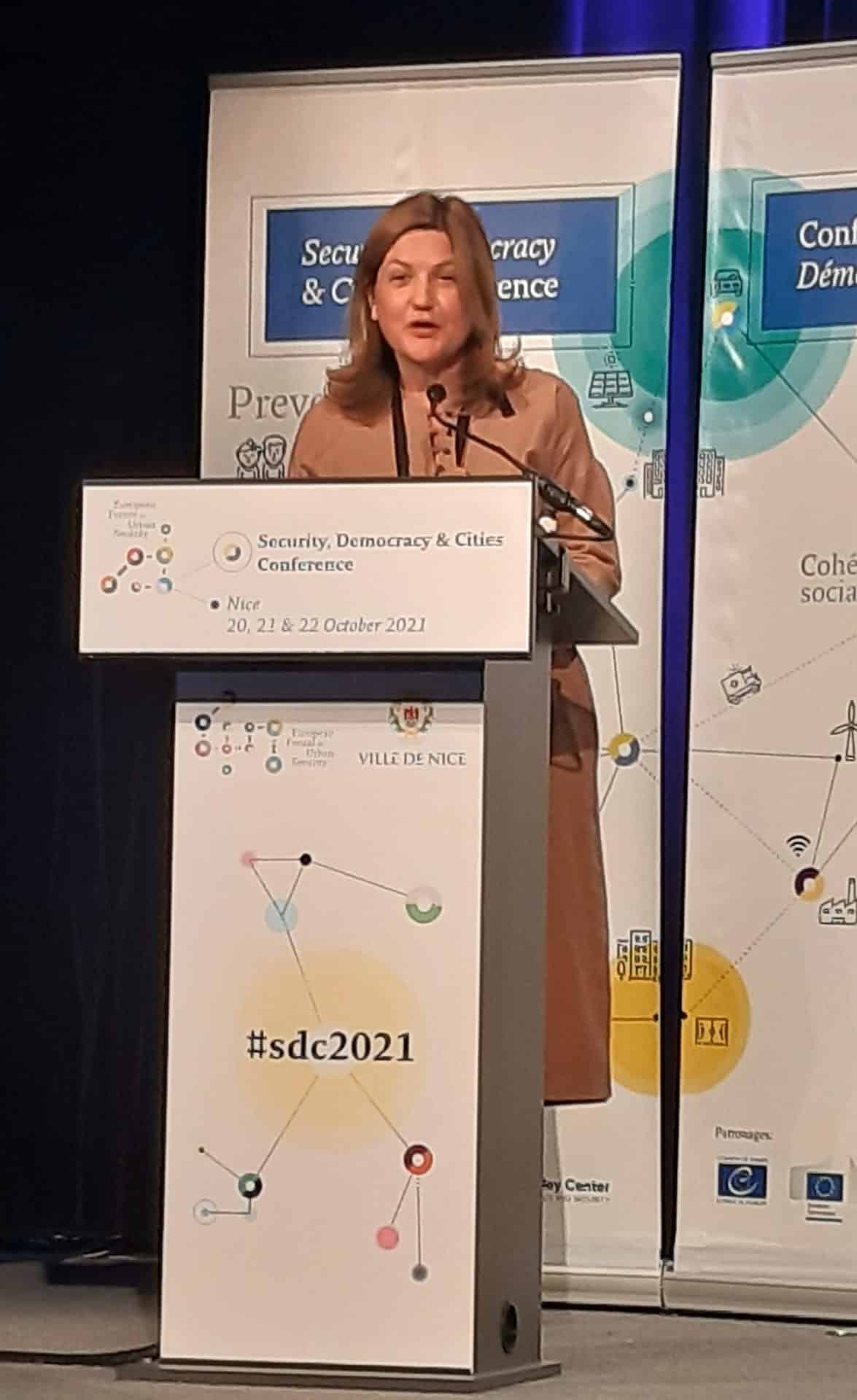
The mayor of Nice, Christian Estrosi, Willy Demeyer, the President of Efus and Mayor of Liège, and Margaritis Schinas, Vice-President of the European Commission in charge of Promoting our European Way of Life, then took turns speaking to inaugurate these three days of the forum.
The Vice-President of the European Commission reiterated that media education and critical thinking are essential to distinguish facts from fiction online.
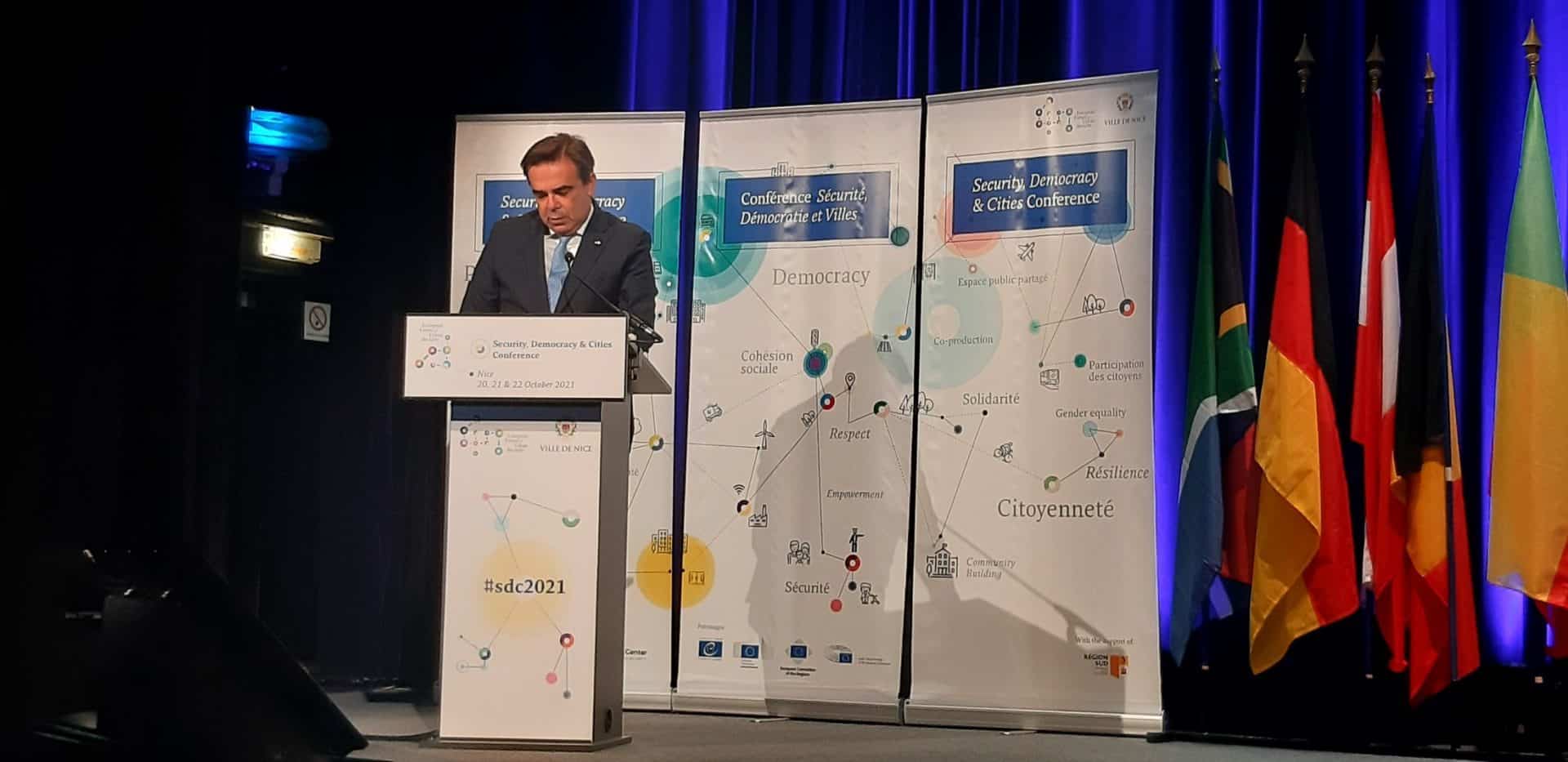
Different Threats
Christian Estrosi identified threats that are not always identifiable, for which innovation is required depending on their form: terrorism and security threats, pandemics, and natural disasters. “Security is the first freedom we must guarantee our entire populations, to attract investors, allow our children to grow up safely, provide a happy retirement for our seniors, and good study conditions for our students. We must provide a secure environment.”
The President of the Metropolis wants to emphasize the partnership between the European Union and municipalities to “more effectively combat radicalization, better protect public spaces, and be more resilient to health and climate crises”.
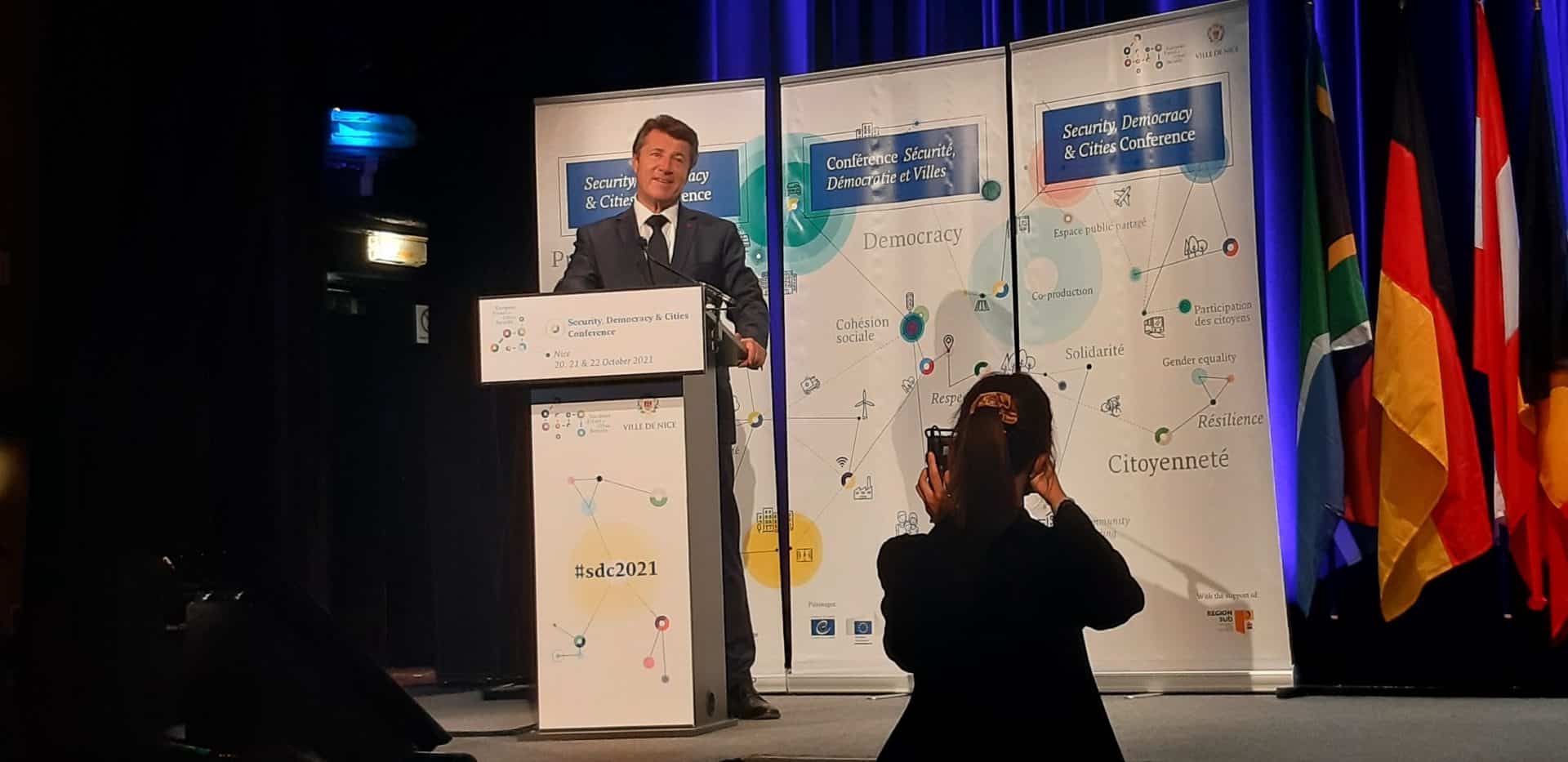
Terrorism
Terrorism was at the center of the speeches. Margaritis Schinas explained the European strategy for security. The anti-terrorism program includes “concrete actions to help states, fight radicalization and violent extremism, and protect people and infrastructure, particularly public spaces”.
European police officers have been trained to distinguish “cooperative” drones from “non-cooperative” ones, which represent a new threat, to counter malicious devices.
The protection system on the Promenade des Anglais in Nice was cited as an example. The Mayor of Nice mentioned the CNIL as a “dusty institution” because it prevents him from using it, in accordance with the Data Protection Act of 1978. Indeed, it involves facial recognition to “monitor dangerous and flagged individuals”. The European Parliament also prohibits automated recognition of flagged individuals in public spaces.
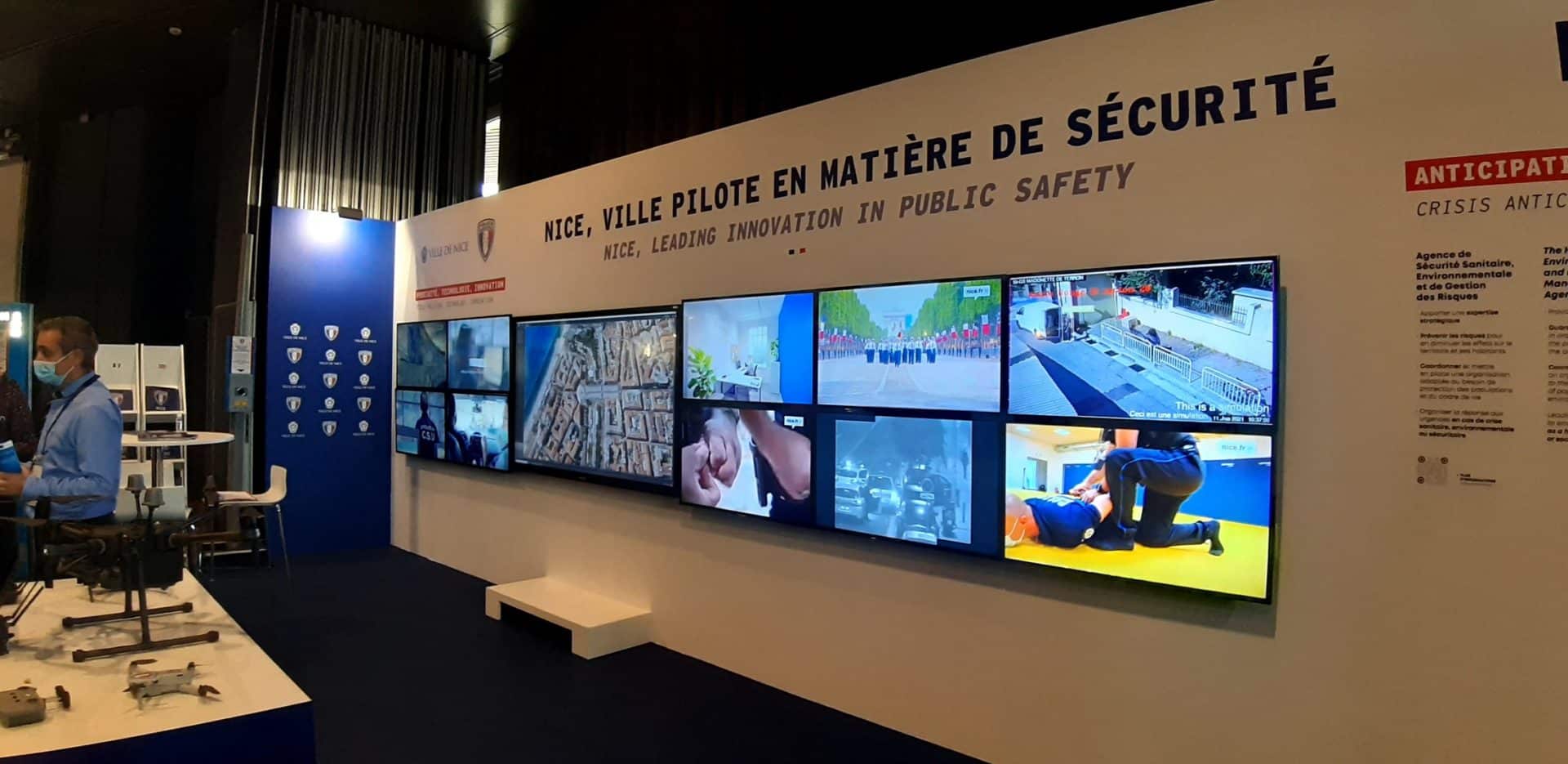
The Schengen Area
Next month, the European Commission will present a reform of the Schengen Area. The reintroduction of internal border controls will remain a measure of last resort. The aim is to strengthen cross-border police cooperation.
